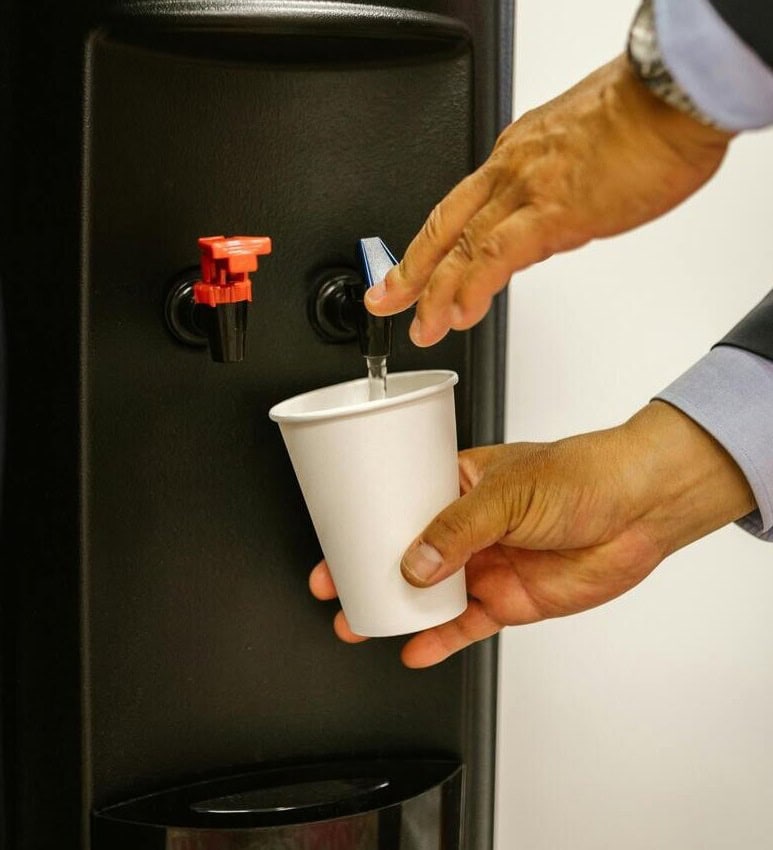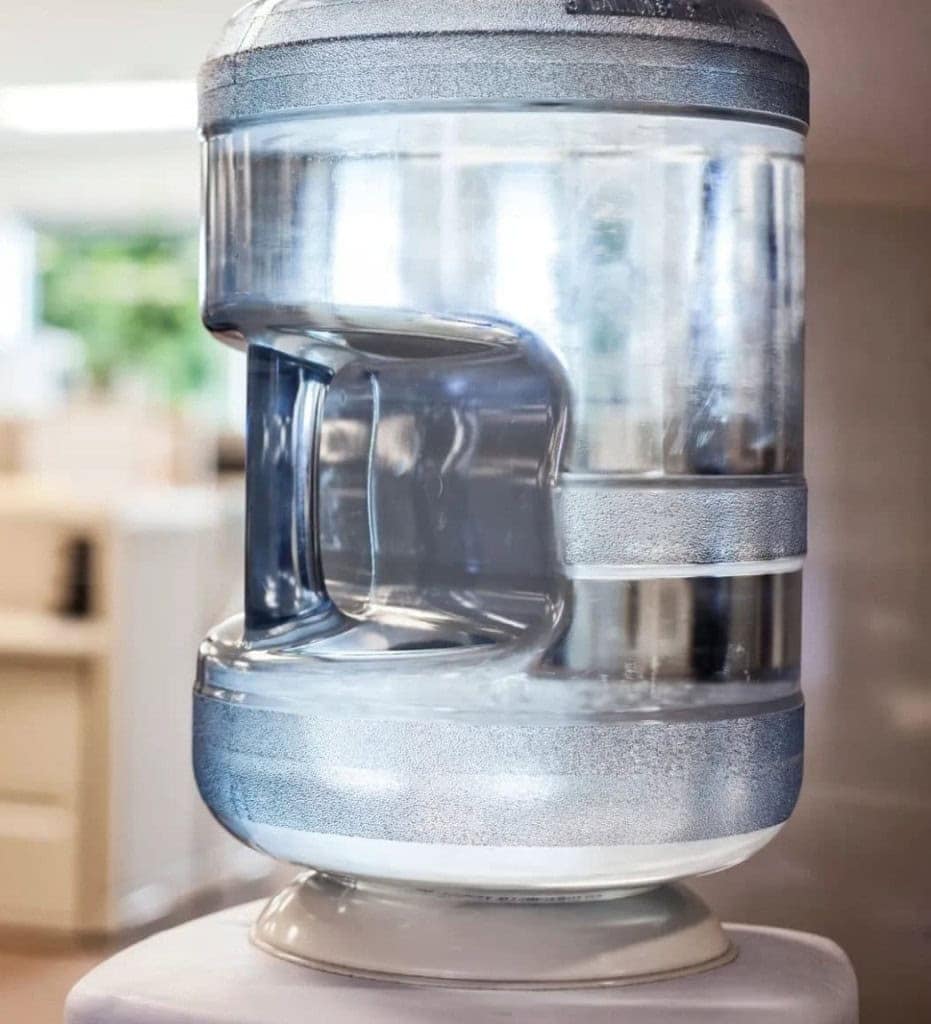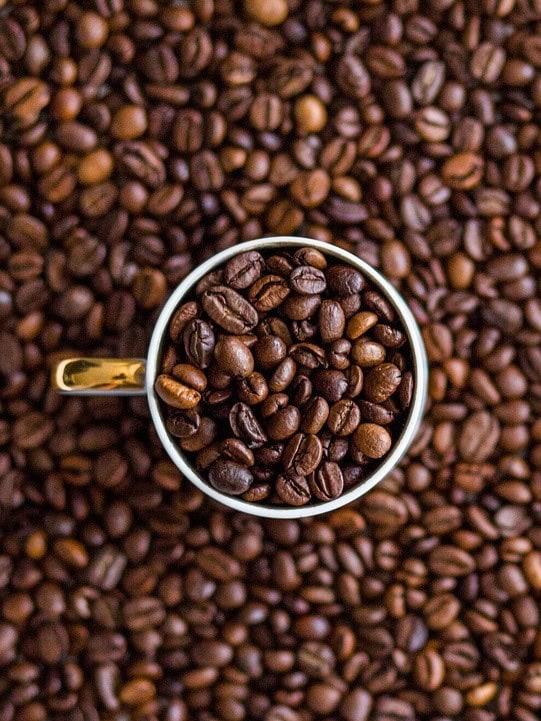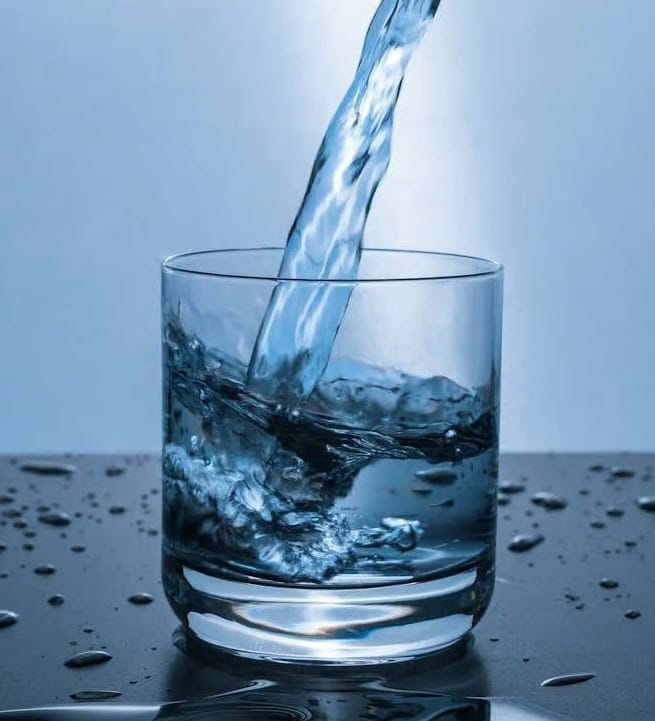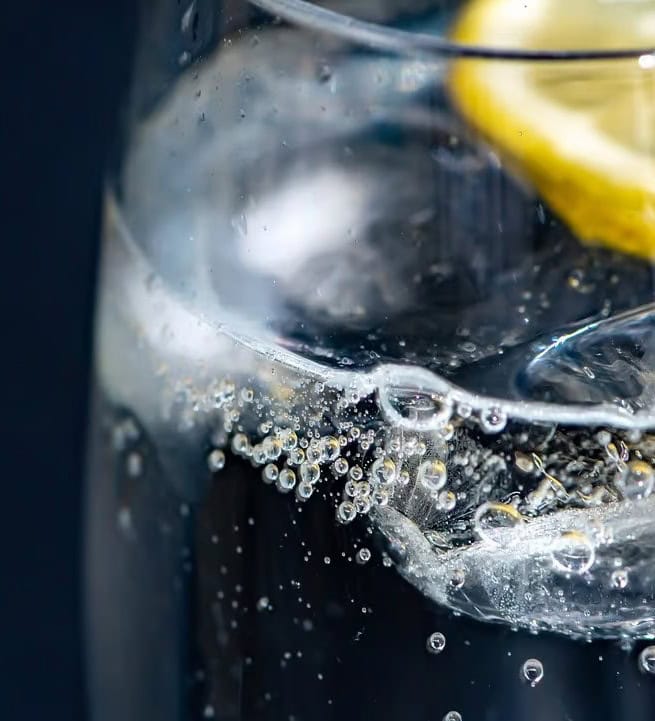Whether it’s fueling your team with tea rounds or offering clients a cup of coffee, access to boiling water is an essential in any office environment. While kettles have been a popular choice for years, more and more businesses are looking to upgrade to boiling taps. In this helpful guide, we’ll explore the key differences between these options to help you decide which might be the best suited to your business.
Why This Comparison Matters for Today’s Workplaces
Whether you’re overseeing a large organisation or running a small business, how you provide hot water can have a bigger impact on your workplace than you might expect.
With staff and guests enjoying multiple hot drinks throughout the day, streamlining your water setup doesn’t just improve the day-to-day experience – it can also boost productivity, cut costs, and support your sustainability goals.
From energy efficiency to safety and speed, we’ll help you to understand which option best meets your workplace’s needs.
Kettle or Boiling Water Tap – What’s the Difference?
While both kettles and boiling water taps serve the same basic purpose, they differ significantly in their delivery.
Kettles are a familiar, standalone appliance found in most households. They don’t require any installation and can be plugged straight into a wall socket. They’ll need manually filling with water and will boil a full jug within a few minutes.
Boiling taps, on the other hand, are plumbed straight into your water system and deliver filtered, boiling water instantly. This means no filling or waiting for the water to boil. Instead, they provide hot water on demand, directly from the tap.
![]()
The Case for the Traditional Kettle
Familiarity & Low Initial Cost
One of the biggest benefits of a traditional kettle is the low upfront costs. They’re widely available, budget-friendly, and easy to replace when needed.
And thanks to their household popularity, most employees will already be familiar with how a kettle works. There’s no steep learning curve or confusion for visitors and new members of staff.
Limitations for Busy Offices
While kettles work well in the home or for occasional use, they can fall short in busy offices. Repeatedly waiting for the kettle to boil throughout the day can waste valuable time, especially during peak break periods where many people are making hot drinks at once and a queue starts to form.
Kettles also have a limited capacity, requiring multiple boils to serve a large group. This doesn’t just slow things down, it also increases electricity usage and costs. For growing teams or fast-paced workplaces, they may no longer be the most efficient or practical solution.
Benefits of Boiling Water Taps for Offices
Instant Access to Hot Water
Unlike kettles, which take a few minutes to heat up, boiling taps deliver instant hot water on demand, making them a much more convenient option for the workplace.
Not only does this deliver an improved experience for employees and guests, it can also help to significantly improve productivity. For larger teams that enjoy multiple hot drinks a day, time spent waiting for the kettle to boil can quickly add up. With a boiling water tap, there’s no need to wait around, giving team members more time to focus on the things that matter.
Energy & Cost Efficiency
Boiling water taps are designed to be energy efficient. Unlike kettles, which often boil more water than necessary, boiling taps heat only the exact amount you need, when you need it. This means less energy is wasted on boiling and reboiling.
These energy savings quickly lead to lower costs, making boiling water taps a smart choice for offices looking to improve their environmental footprint and reduce costs.
Safety & Spill Reduction
Boiling water taps eliminate the need to fill and pour heavy kettles, reducing the risk of spills and subsequent burns. Many models also come equipped with safety features, such as child-proof locks or automatic shut-off features, further reducing the risks of office accidents and injuries.
More Sustainable Option
For businesses looking to improve their sustainability, boiling water taps provide a great eco-friendly alternative to kettles. By heating only the water you need and reducing energy waste, they help to lower your office’s carbon footprint. This makes them a great choice for environment-conscious workplaces.
Many boiling taps also offer advanced features like limescale filtration. By contrast, kettles are prone to limescale buildup, which not only affects the taste of your drinks but also reduces the appliance’s lifespan. This need for frequent replacements can be both costly to you and harmful to the environment.
Which is Cheaper to Run Over Time?
While a boiling tap may have higher initial upfront costs, it can actually be a more cost effective solution in the long run.
Kettles may be cheaper to purchase, however they’re far less energy-efficient, particularly when overfilled and repeatedly reheated. According to experts from Energy Saving Trust and USwitch, boiling a full kettle costs around 7p (based on an electricity price of 34p/kWh).
While a one-cup kettle is more efficient and will help to bring this price down, it’s not a viable option for most busy workplaces.
In contrast, the cost of running a boiling tap is only 3p per litre, making it a much more economical choice. For busy office environments, the long-term energy savings of a boiling kettle can easily offset the initial cost, making them the cheaper option over time.
![]()
What’s More Eco-Friendly: Boiling Water Tap or Kettle?
Thanks to their energy-efficiency, boiling water taps are a more eco-friendly option than kettles. By heating only the water you need, they avoid the energy waste common with kettles, which often boil more water than necessary and get reheated multiple times.
Many boiling water taps also have a filtered cold water or even sparkling water function, which can help to significantly reduce the number of plastic bottles purchased, further contributing to your business’ sustainability goals.
How Many Cups Do You Make a Day?
When deciding between a kettle or boiling tap, one of the most important questions to ask is: how many hot drinks does your team make per day?
While a kettle might suffice in the home, providing just a cup or two a day, it quickly falls short in an office environment. For teams that value speed, productivity, and efficiency, a boiling water tap is the smarter, more sustainable solution. It eliminates wait times and reduces energy consumption, saving both time and money in the long run.

